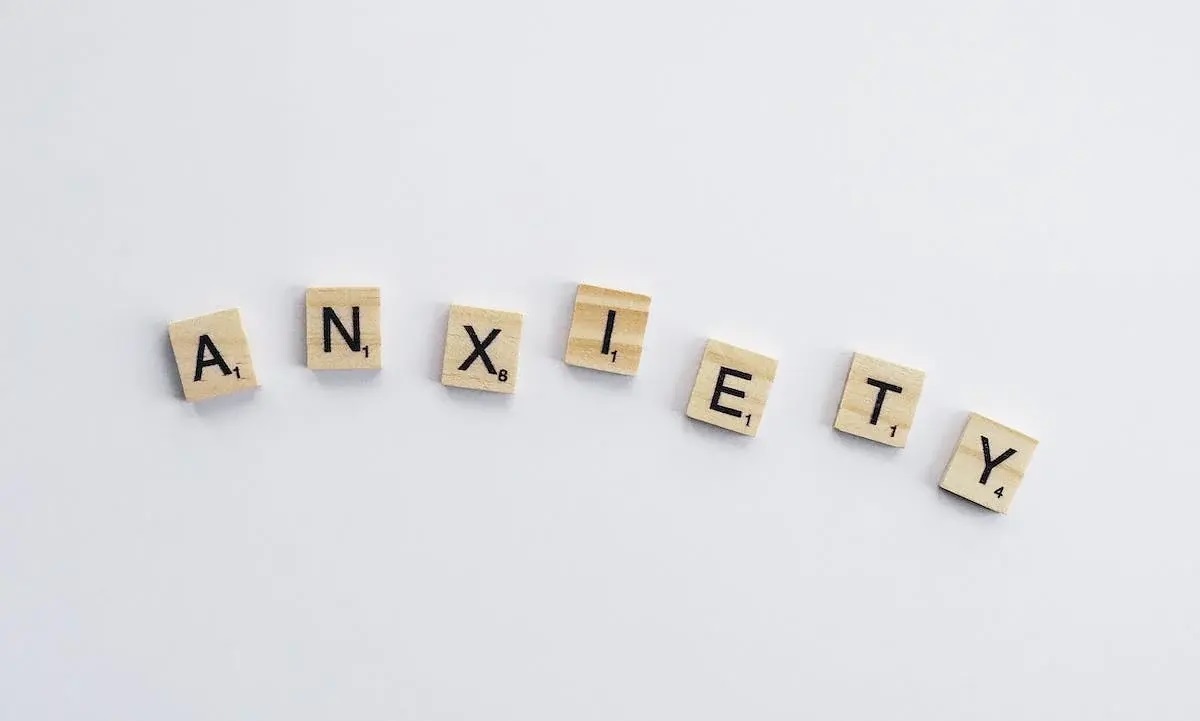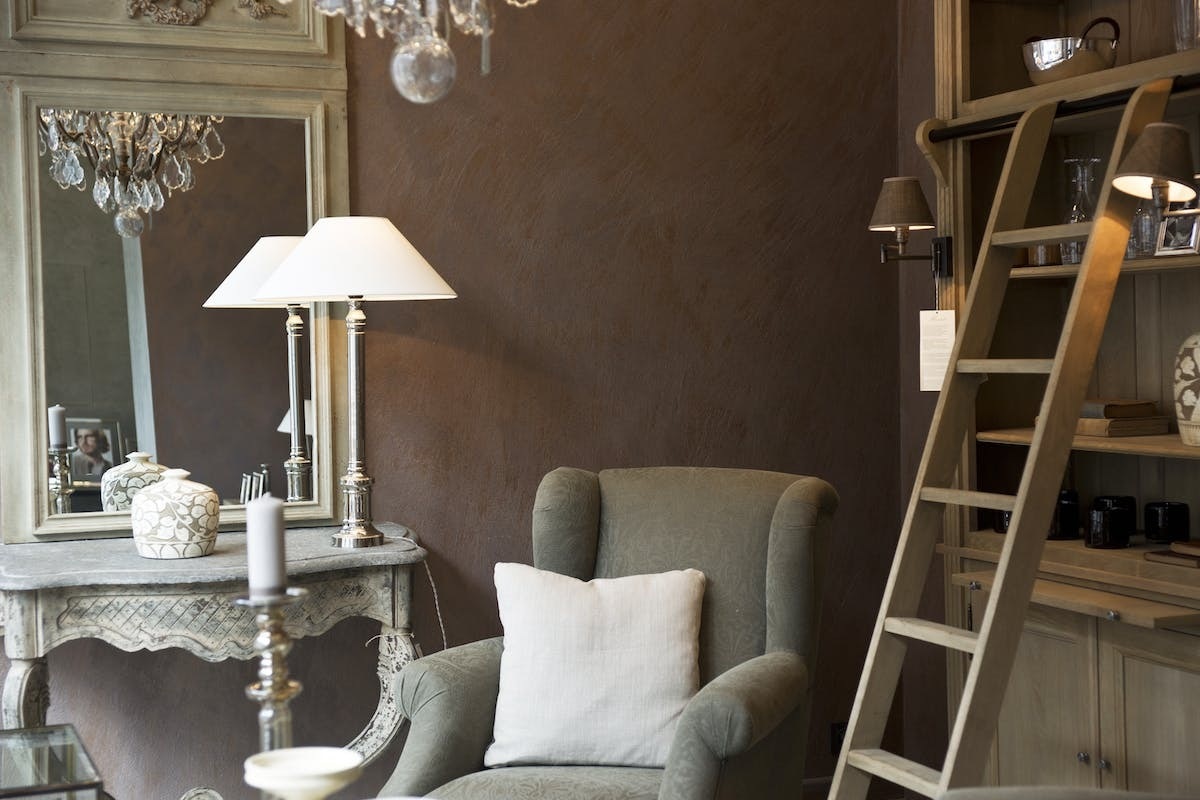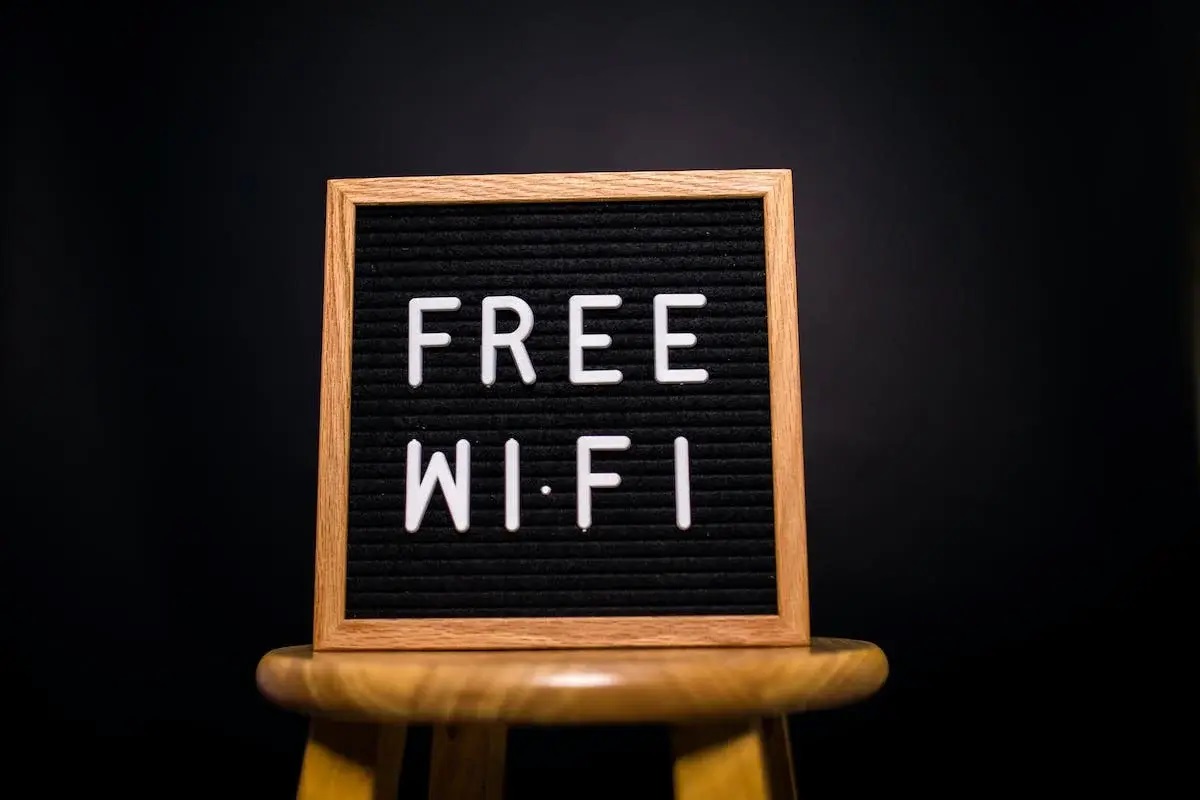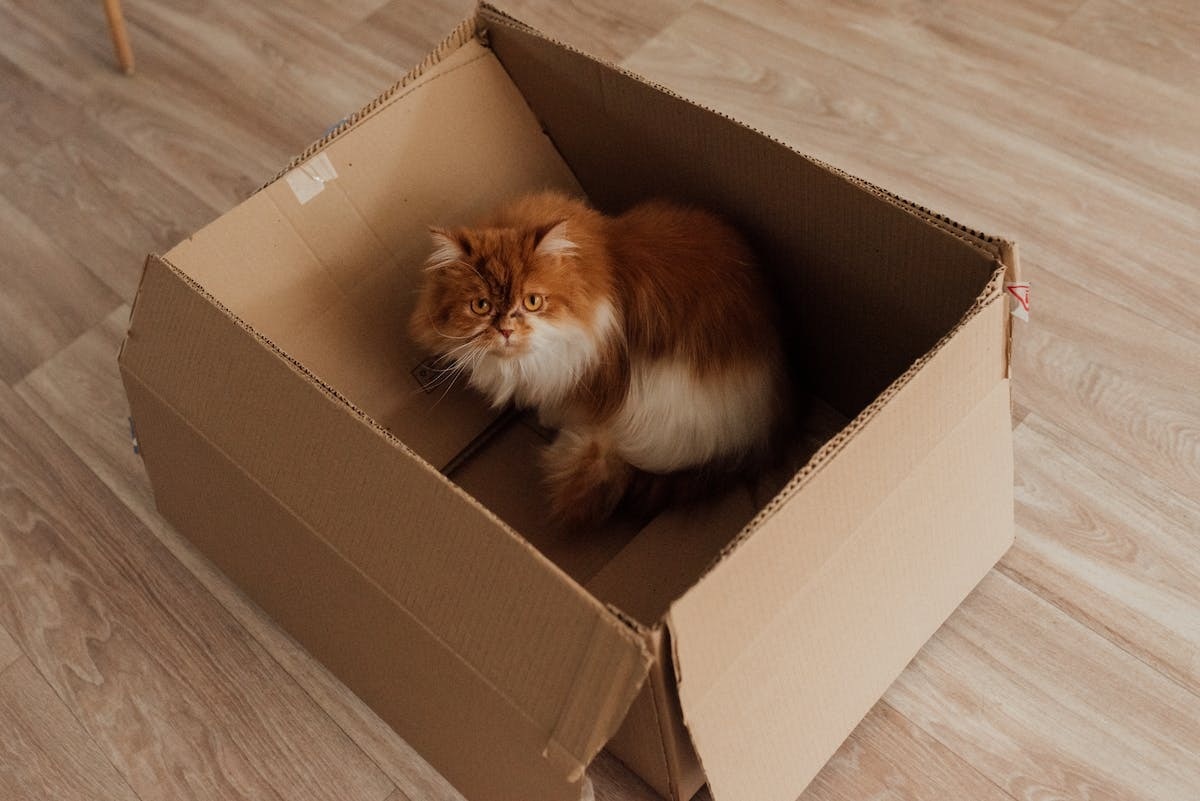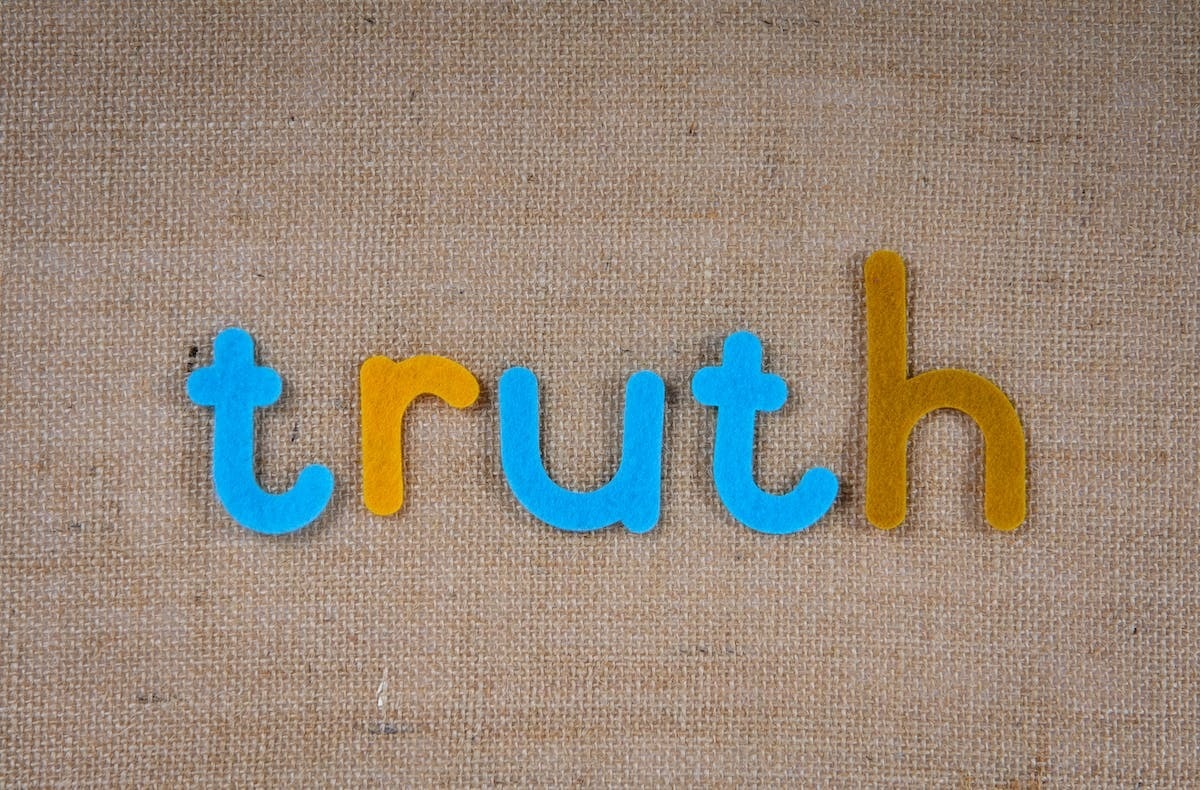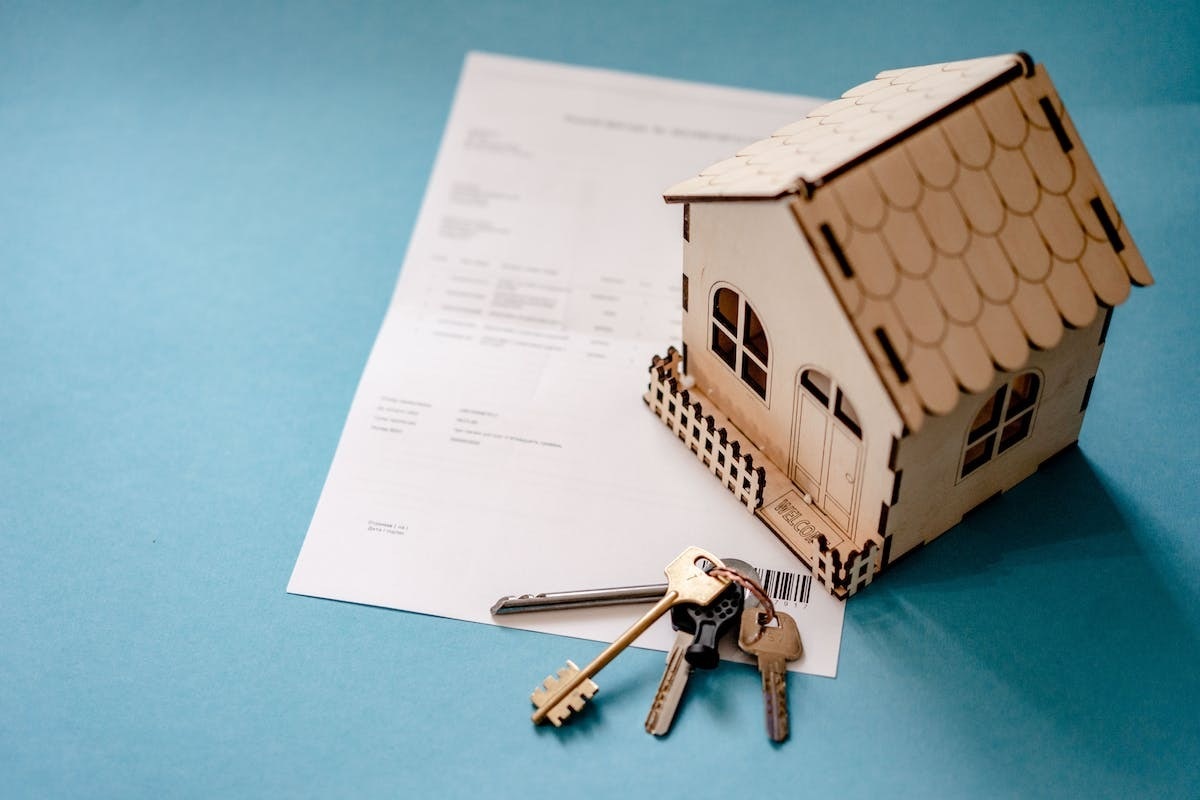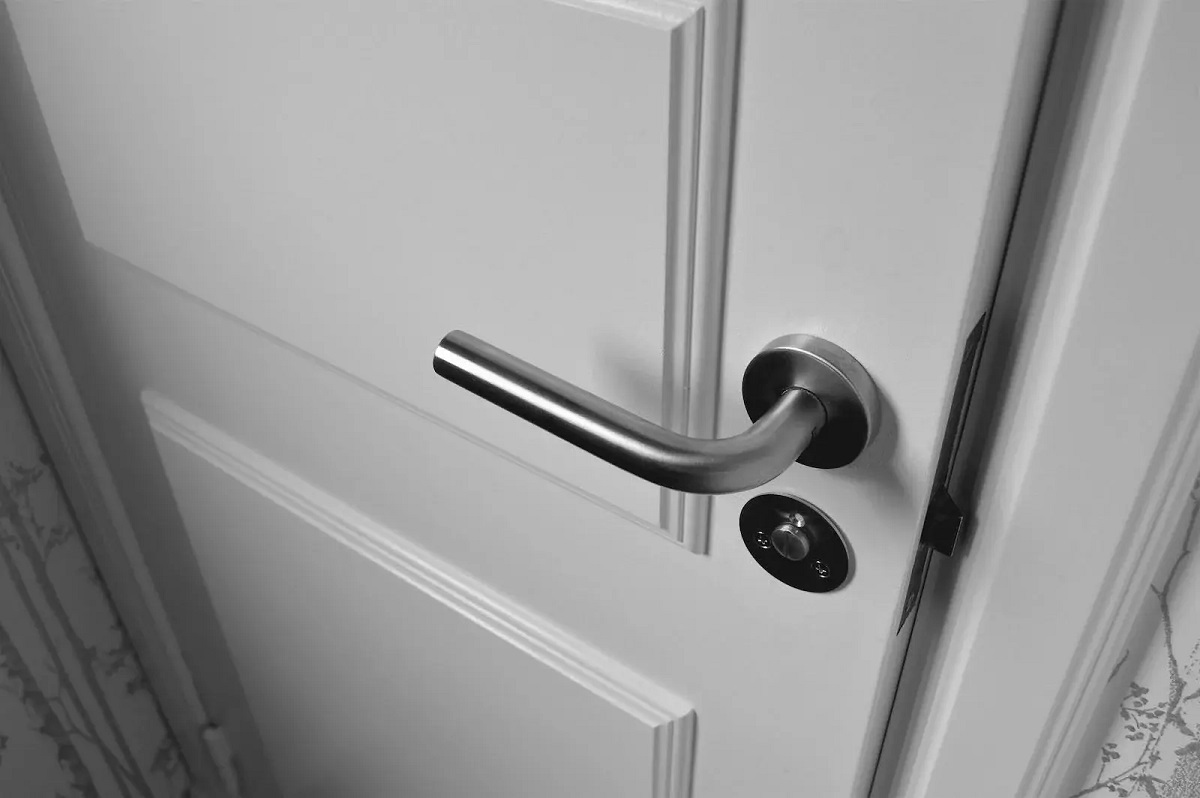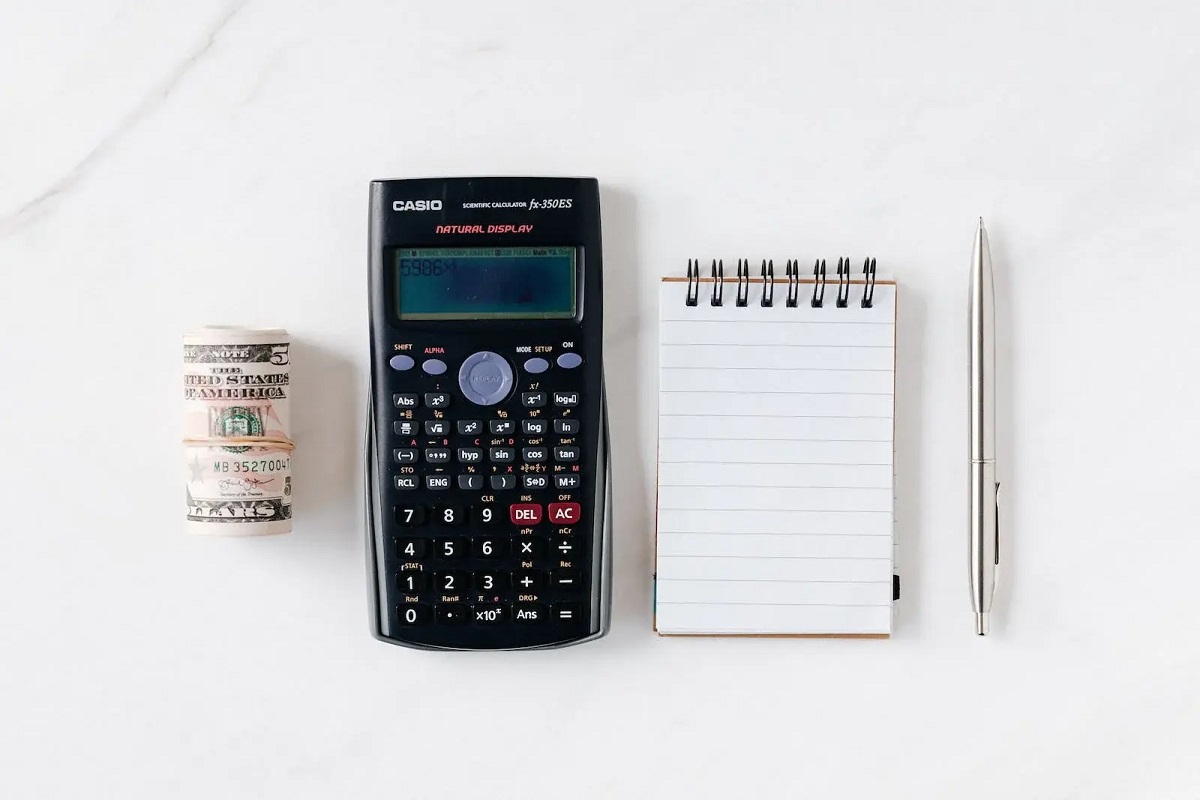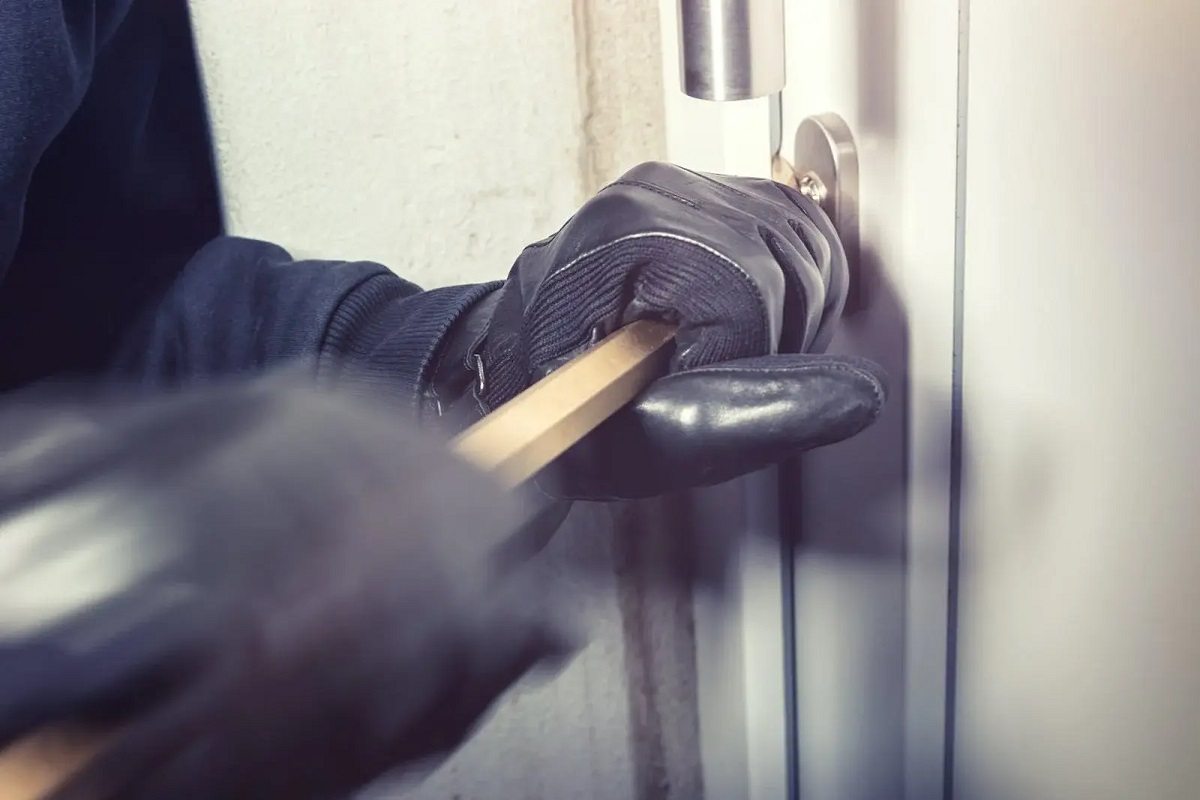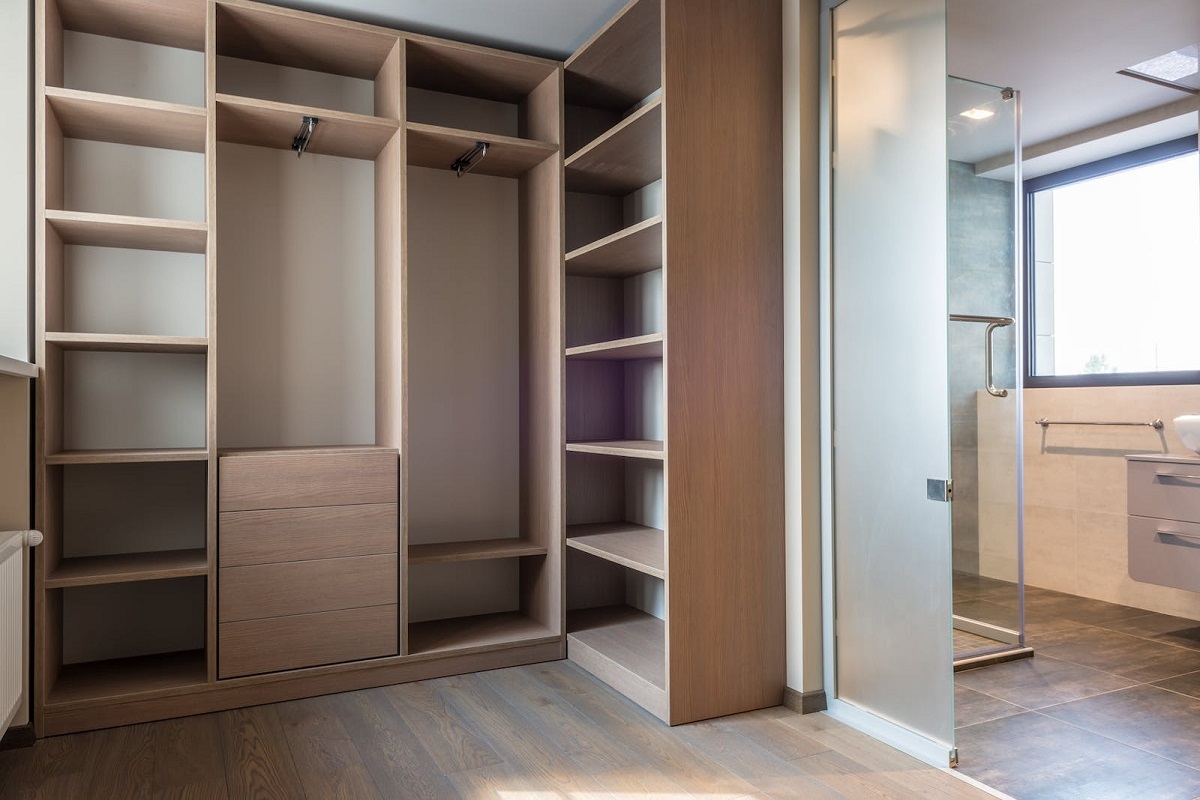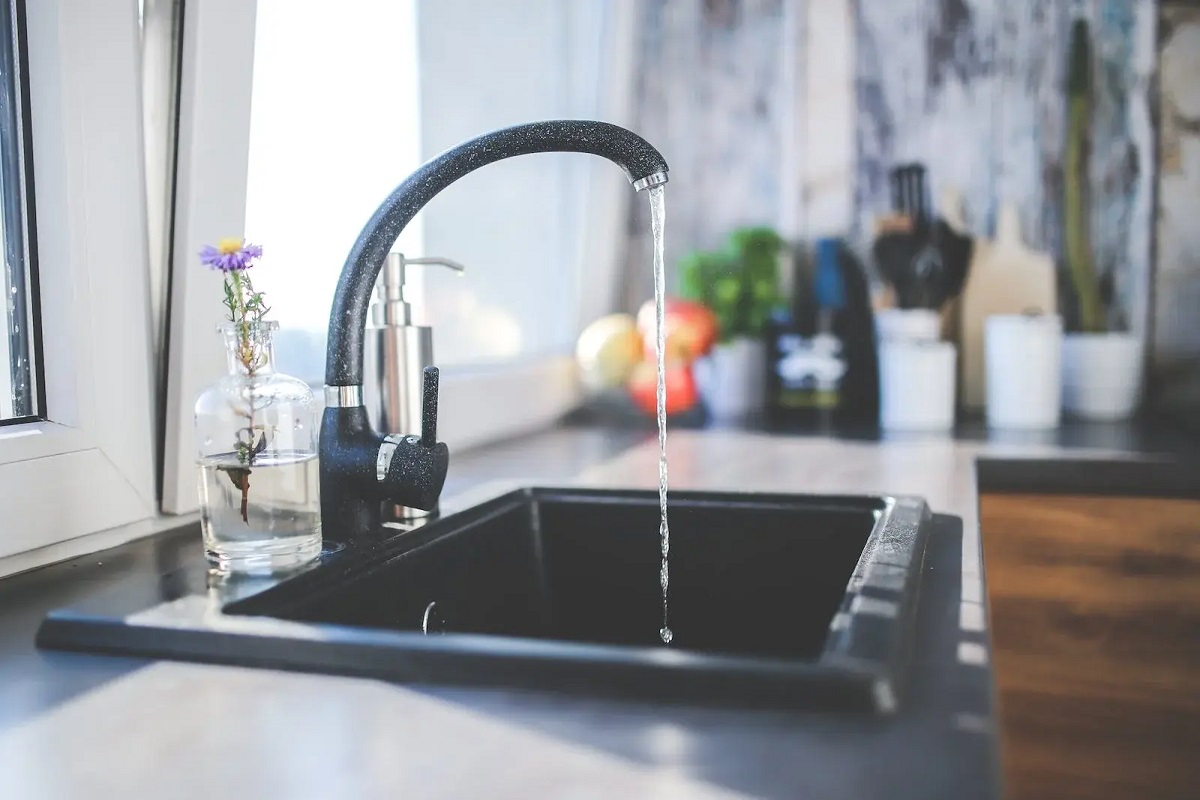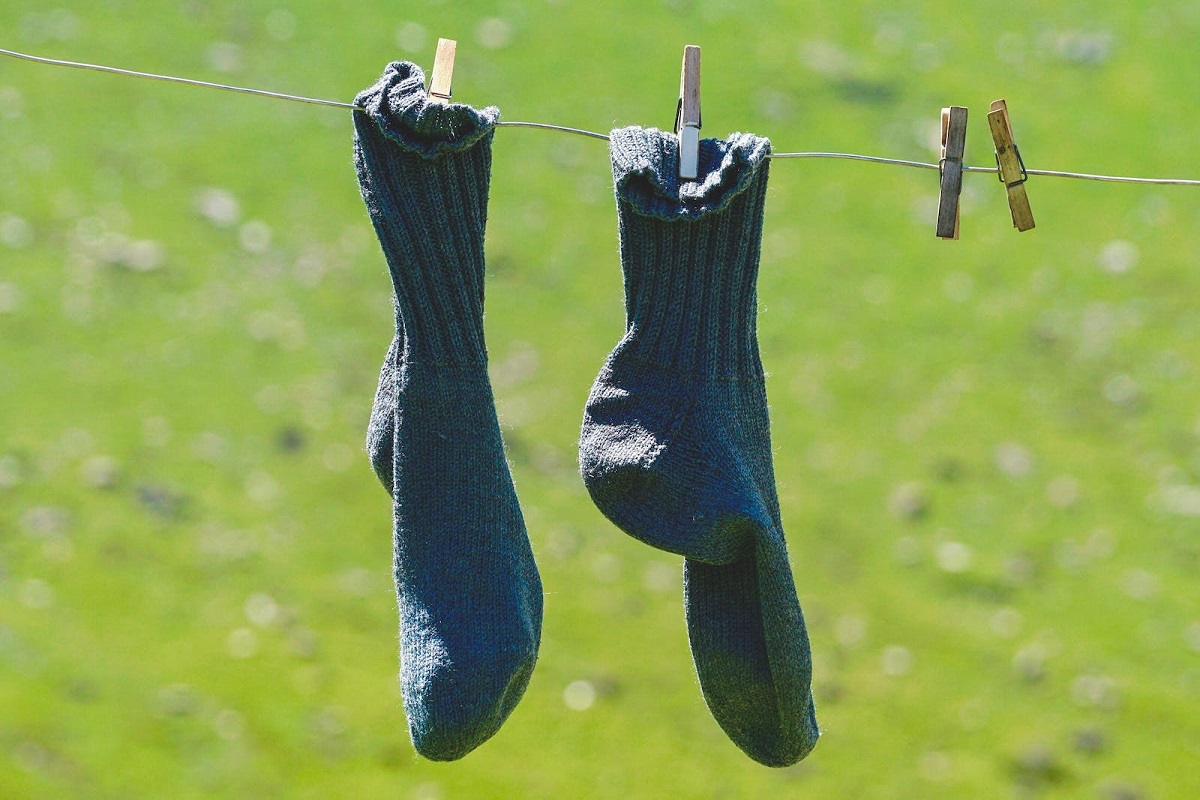
The science of clutter: It’s not just about ‘too much stuff’
___
Published Date 8/29/2023
Chaos is not what most of us would consider pleasant. If you really think about it, clutter isn’t all that much of a departure from it. Most of us dislike clutter. Cornell University’s Dr. Cornell Travers reveals a study published in the Personality and Social Psychology Bulletin that asked 60 women to give some researchers a tour of their home. Those who believed that their home was cluttered were more likely to feel constantly tired and exhibit symptoms of depression. They found that these effects were tied to the hormone cortisol, which plays a role in how we respond to stress.
“Clutter combined with a sense of having no control over it can also lead us to make bad decisions,” says Travers. “A 2016 study published in Environment and Behavior explored how our mindset around a chaotic kitchen causes some people to make poor food choices. Specifically, the study found that when people felt no control over the clutter and chaos in their kitchen, they ate more cookies than when they felt they were not in control of their kitchen.”
It seems evident that a cluttered environment can go from an aesthetic non-preference to a serious lifestyle issue — perhaps causing us to make excuses for not getting things done, such as skipping workouts, for example.
It has been found that decluttering can help with depression, reduce unhealthy cravings, and decrease fatigue. The most pronounced positive effect of decluttering, however, may be a feeling of lightness and increased productivity. Travers identifies a reason why that might be the case.
Think of how, when you have clean, clear countertops in your kitchen, you tend to want to start cooking or baking something. Why? Because less clutter means more brain power for real tasks, according to Travers. “You may have heard (or experienced for yourself) that we work better when we have less physical clutter around us.”
He goes on to offer a neuroscientific explanation. “A study published in The Journal of Neuroscience examines how the human brain processes high-clutter environments and suggests that decluttering your surroundings could be one way to ensure that your limited mental bandwidth is put to its best use. When we look at clutter, our brains try to identify the most relevant information that will help us achieve our immediate goals."
Travers refers to this information as the “attentional set.” “When our goals change, our brains need to suppress the old attentional set and switch focus to a new attentional set, which consumes brain power.”
This research showed how participants’ brains reacted when they looked at pictures of different objects and found that when people were looking for a certain type of object (the target), their brains paid more attention to that type of object and less attention to other types of objects (the distracters) that used to be important but weren’t anymore. “Clearing the deck,” so to speak? Makes sense.
“The more your field of vision is filled with objects that have nothing to do with your goal, the harder your brain has to work to keep each of them out of the attentional set,” says Travers. “This can lead to fatigue and may cause us to feel lazy and be less productive than we are capable of being.”
An uncluttered environment (let’s refer to it as “minimalist”) offers your brain fewer things on which to focus, allowing it to allocate more resources to the task at hand.
Travers concludes that cleaning your home or surroundings isn't just a physical process. It’s a mental one as well. “Reducing clutter minimizes distractions, allowing your brain to concentrate on more important tasks,” he says. “The act of organizing your space can also provide a sense of control and order, which can alleviate feelings of stress and promote a sense of well-being.”
PsychologyToday, TBWS
All information furnished has been forwarded to you and is provided by thetbwsgroup only for informational purposes. Forecasting shall be considered as events which may be expected but not guaranteed. Neither the forwarding party and/or company nor thetbwsgroup assume any responsibility to any person who relies on information or forecasting contained in this report and disclaims all liability in respect to decisions or actions, or lack thereof based on any or all of the contents of this report.
DISCLAIMER: Any interest rates and annual percentage rates (APRs) contained in this publication are based on current market conditions and are for informational purposes only.
Unlocked rates and APRs are subject to change without notice and may have pricing add-ons related to property type, loan amount, loan-to-value, credit score and other variables—call for
details. Progressive Lending Solutions, Inc. Licensed in MN and WI.


Progressive Lending Solutions, Inc
Corporate
NMLS: 107620
Progressive Lending Solutions, Inc.
Corporate: 2277 Hwy 36 W, Suite 304, Roseville MN
Company NMLS: 107620
Office: 866-680-2840
Cell: 612-940-5230
Email: info@progressivels.com

Progressive Lending Solutions, Inc
___
Corporate
NMLS: 107620
Cell: 612-940-5230
Last articles
___

Homebuyers need patience as well as a strategy
5/28/2024
In some instances, buying a home in today’s market amounts to a lot more than ma... view more

What aspects of buying can homebuyers actually control these days?
5/17/2024
This market. Call it what you will, because today’s homebuyers no doubt have all... view more

Put a cork in it. Why not?
5/7/2024
It may just be one of the best-kept secrets around when it comes to renovating o... view more

Downsizing after retirement: A decision best made with careful consideration
4/16/2024
Retirement can be a happy time. Earning downtime not steeped in paychecks and li... view more

The latest in real estate fraud: Forgeries expertly aided by computer technology
4/5/2024
This new huckster practice is known as deed fraud or home title theft. It involv... view more

Water in your home: Like water under the bridge or a cut above?
4/2/2024
When poet Samuel Coleridge was speaking of water being everywhere without a drop... view more
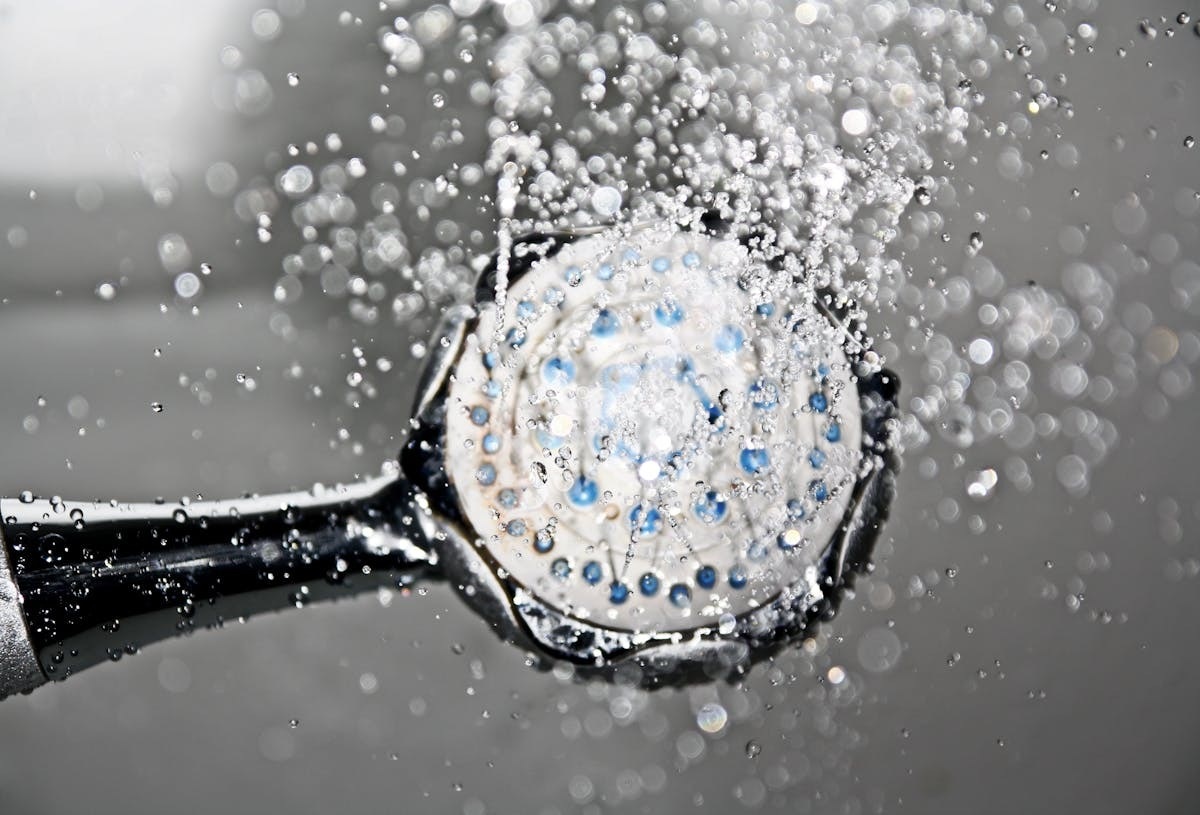
Great water pressure is no accident
3/26/2024
Water pressure is a big deal. Where we want it most, however, is in our homes, s... view more

Springtime open houses and quick decisions
3/11/2024
Things are looking up for real estate lately. Those who report the numbers are t... view more
Load more
 Progressive Lending Solutions, Inc.
Progressive Lending Solutions, Inc.


